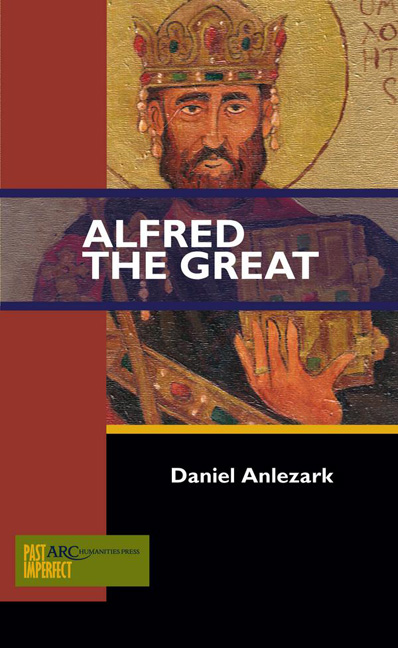In 871 the great Viking army that had been in England since 866 turned its attention towards Wessex. During the intervening five years the army had conquered Northum- bria and East Anglia, and had begun incursions into Mer-cia. The next eight years would involve the last survivor of King Æthelwulf's five sons in ceaseless warfare, at times with little hope of victory, and facing national anni hilation. In his exile at Athelney in the Somerset Marshes, Alfred would have to confront the genuine possibility that like King Edmund of East Anglia, he might be the last ruler of a kingdom won by his ancestors from the Britons centu- ries earlier. Alfred was almost caught by his enemies at Chippenham in 878, but this major setback was quickly reversed, and by the middle of the year Alfred found him-self back in control of Wessex, though the active threat of Viking armies continued across his lifetime. One sig-nificant moment would be Alfred's conquest in 886 of the Mercian town of London, which had become a Viking stronghold. The people of England also understood this strategic moment as signalling Alfred's ascendency to real rather than notional power, not only in his contest with the Vikings, but also over English territory outside the old bor-ders of Wessex. This turning point would give Alfred time to breathe, so that his consolidation of power could involve the reimagination and renewal of a redefined English people. Where there had been four Anglo-Saxon kingdoms, now there was effectively one, with many English people living in the territory of the Danelaw. Alfred could never hope to reconquer the lost kingdoms through military force—it was enough of a struggle to hold Wessex and what remained of Mercia. However, the title soon to be taken up by Alfred, king of the Angles and the Saxons, or the “Anglo-Saxons,” hints at claiming jurisdiction over all English people, no matter where they found themselves in the wake of the Viking storm. Alfred's consolidation of England as an ideological conviction to be adhered to, as well as a geographical and political reality to be lived in, embraces church and legal reform, the writing of history, the renewal of education, town planning, and military engineering




